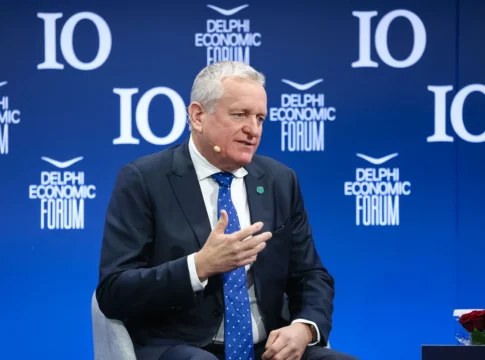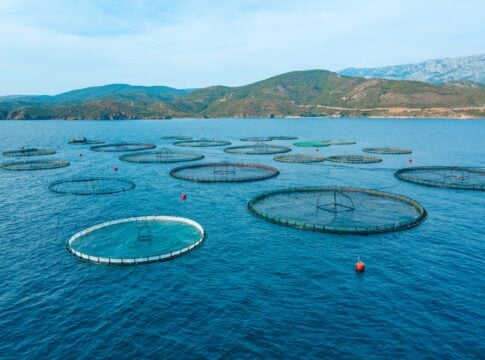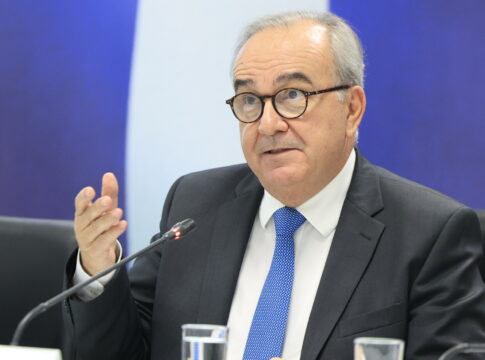Greece has rebounded since the 2009-2018 financial crisis that saw real GDP decline by 25 percent. Modest growth began to return in 2019 and unemployment dropped from its crisis peak of 35 percent in 2013 to 12 percent in 2022, the State Department said in the 2023 Investment Climate Statements.
“The Greek government has implemented reforms and attracted investment by cutting red tape, boosting innovation and entrepreneurship, digitizing government services, and enabling more rapid growth in the renewable energy sector. Greece’s debt-to-GDP ratio decreased by more than 20 percent in 2022 – reflecting robust growth, fiscal adjustment, and higher inflation – and it benefits from relatively low debt servicing rates that should allow Greece to easily service its debt for the foreseeable future. Most major ratings agencies upgraded Greece’s sovereign debt rating to one notch below investment grade as of late January as a result of Greece’s sustained positive fiscal performance. The European Commission’s November 2022 forecast for the Greek economy predicted GDP growth of 6.0 percent in 2022 – nearly double the EU average – and 1.0 percent growth in 2023.”
The State Department explained that the Mitsotakis government has pursued an aggressive investment and economic reform agenda. “In recent years parliament approved dozens of economic-related bills, including a key investment law in October 2019, designed to cut red tape, help achieve full employment, and adopt best international practices – including by digitizing government services. Investors cite difficulties with Greece’s bureaucracy and lack of timely resolution in cases in litigation as impediments to investment.”
Greece’s government maintains an estimated 38 billion dollar cash liquidity buffer as of June 2022, it said, adding that the NPL ratio decreased from a crisis high of 45 percent in 2017 to less than 10 percent at the end of 2022.
The State Department underlined that Greece’s return to economic growth has generated new investor interest in the country.














